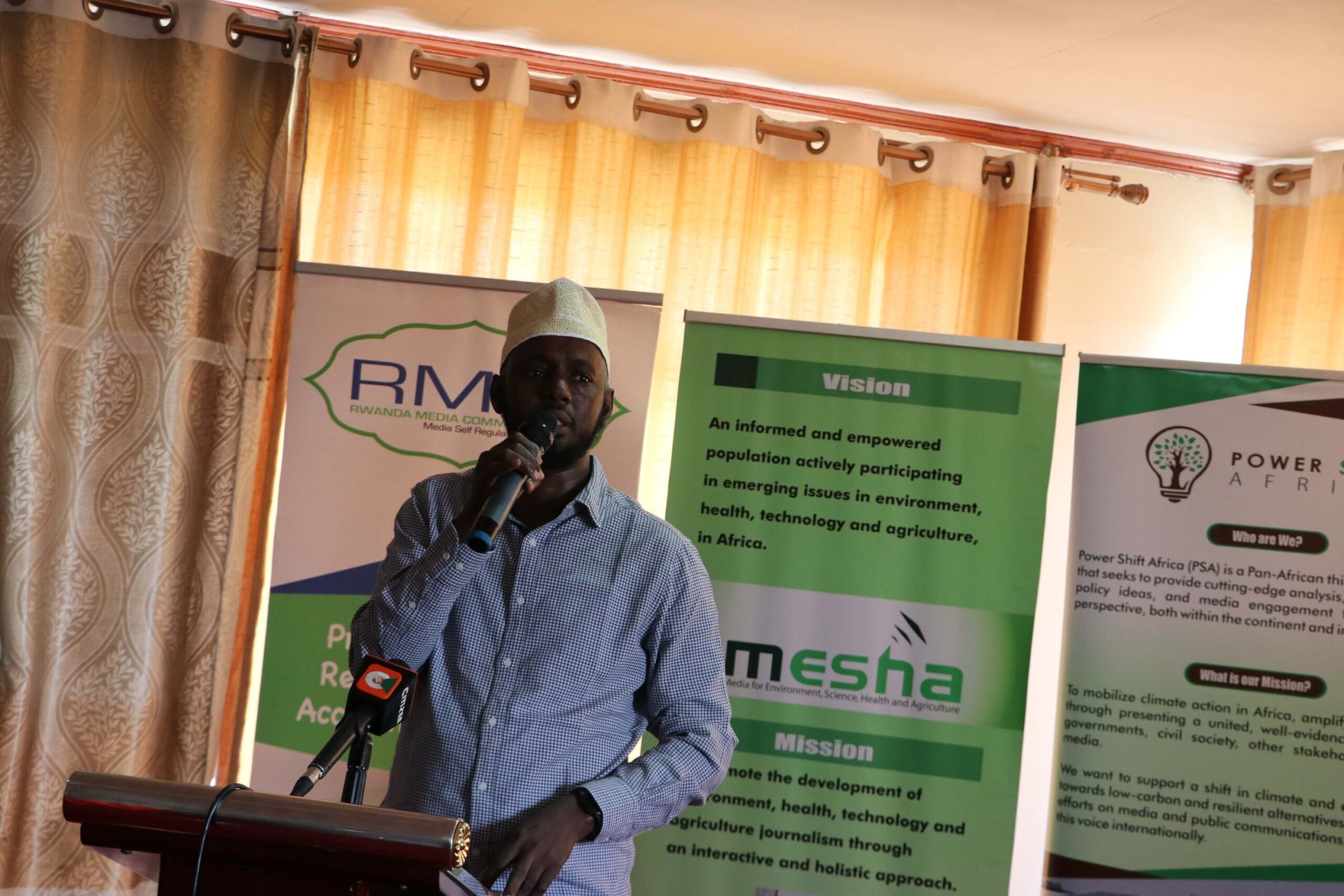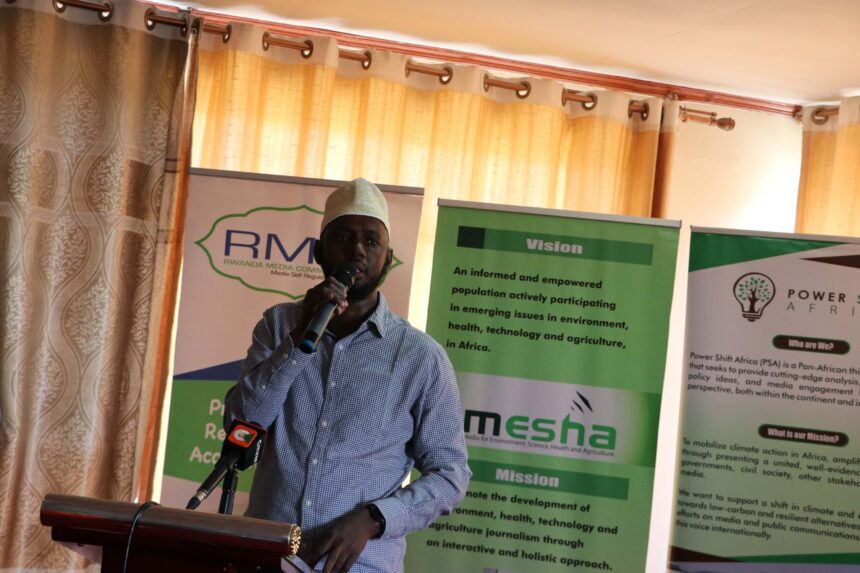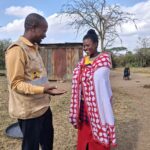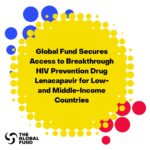By Aghan Daniel I aghandan09@gmail.com

The fight against climate change will not be won unless climate justice is put at the centre of all negotiations, an advocate has said.
According to Mr Mohamed Adow, Director of Power Shift Africa, a Nairobi-based non-governmental organisation, the international showpiece to be held in Sharm El-Sheikh in Egypt from November 6-18, comes at a time when climate change is affecting the availability of food, energy and is also threatening the stability of economies of many third world countries.
“As we go to the COP27 Africa is disproportionately affected by climate change and many parts of the continent like Northern Kenya are ravaged by extreme drought which has disrupted the livelihoods of millions of poor Kenyans,” said Mr Adow.
He was speaking during a two day Pre-COP27 Media Conference for African journalists that ended at Kigali in Rwanda last Friday.
The conference was jointly organised by the Media for Environment, Science and Agriculture (MESHA) which is Africa’s leading science media association, Power Shift Africa and Rwanda Media Commission (RMC). About 60 journalists from Kenya, Uganda, Tanzania, Rwanda, Malawi, South Africa, Egypt, and Nigeria attended the pre-COP conference.
For starters, human-induced climate change is already affecting many weather and climate extremes
in every region across the globe. Evidence of observed changes in extremes includes heatwaves, heavy precipitation, droughts, and tropical cyclones.
Experts say that Africa has the greatest number of climate change vulnerability hotspots more so in the East African region.
Further, Africa’s green house gases (GHGs) emissions are rising as countries develop. This raises issues of just transition, historical responsibility among others.
Increased warming and associated impacts creates new challenges and calls for improved coordination across governance levels. Scientists add that investments are particularly needed in capacity development and technology transfer, as well as in enhancing countries’ early warning systems, including weather, water and climate observing systems.
“Many parts of Africa are identified as global hot-spots of high human vulnerability to climate hazards, mainly in areas of high poverty, poor governance, limited access to basic facilities, violent conflict and high climate-sensitive livelihoods,” says Ms Patricia Nyinugurio, Kenya focal point at the Intergovernmental Panel on Climate Change (IPCC).
“The number of people that will continue to be at risk from adverse impacts of climate change will increase significantly in the absence of robust response measures as population growth interacts with climate change,” adds Ms Nyinguro, a climate scientist who works at Kenya Meteorological Department.
In terms of losses and damages, Ms Nyinguro noted that approximately 337 million people were affected by natural disasters between 2000-2019 – floods 80% and droughts 16% with nearly 6 million people displaced by weather-related disasters between 2018-2019. More depressing is the fact that 46,078 deaths were reported from weather-related disasters between 2000-2019 with this being the largest number of mortalities associated with floods since 1990.
In an apparent reference to the above damning statistic, Mr Adow had this to say, “The COP27 conference in Egypt is a golden opportunity for Africa to come together and make a strong case for climate justice, and climate finance to access the much-needed financial resources to address a myriad of problems in the continent including famine to build a strong resilience system that communities can use to withstand climate change and adaptation.









